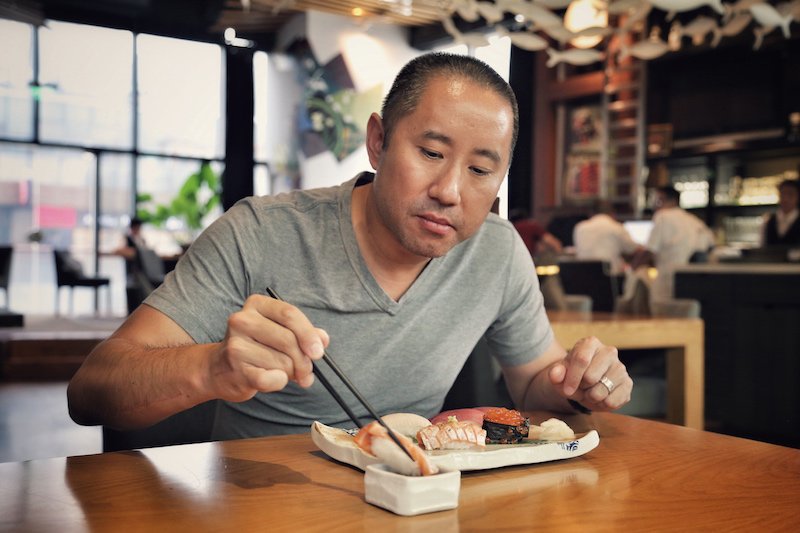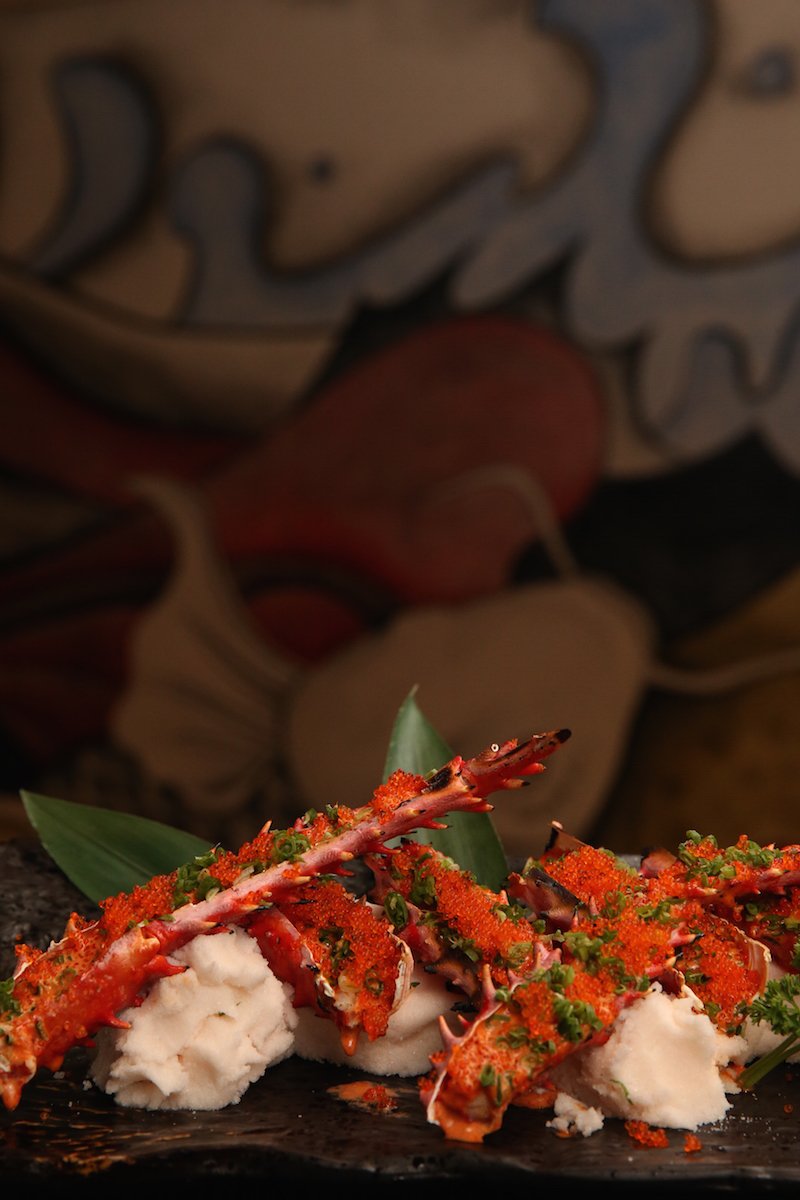Writing this, I am a bit upset. After months of a slow return to normal, I had begun to hope that Beijing would have a shot at a normal summer. Out and about, fewer and fewer people were wearing masks, food delivery drivers were allowed to deliver straight to our doors again, and restaurants were beginning to fill up. Then an announcement by the Beijing authorities of several asymptomatic cases linked to the XingFaDi market sent almost all the hard-won progress in Beijing spiraling down the drain.
Many communities around the city retightened their restrictions on movement as authorities embarked on extensive testing and contact tracing, and XingFaDi – which supplies about 70% of Beijing’s fresh produce – was shut down as extensive testing was carried out on the workers at the market. A chopping block in the seafood section of the market also testing positive sparked fears that imported salmon might also be contaminated, prompting the removal and disposal of fresh salmon from stores across the city.

“The market has to warm back up to the idea of eating salmon”
Which brings me to my own personal gripe about the current situation. There is nothing like a city-wide purge of fresh salmon ruin a sushi date night dinner! For sushi lovers, the next couple of weeks spell disaster.
Looking through Meituan and perusing through various restaurants’ menus, you will notice all salmon dishes have been pulled. For Japanese restaurants like Hatsune, the sudden turn against salmon amid public health concerns goes beyond having to tweak the restaurant’s robust menu. For Alan Wong, owner of Hatsune, it is an exercise in managing fears, rumors, and waste. “The announcement came on Friday, and on Saturday and Sunday the business was totally dead, “Wong explains of the current situation. Hatsune, like other businesses across the city, had begun to see a return to normalcy after the uncertainty brought about by COVID-19 in the first quarter of the year. News of the market and the produce being in the clear has done little to placate customers. “The market has to warm back up to the idea of eating salmon when it’s already proven that [the disease]is not transferable from fish, and fish do not have any link to COVID-19 cases at all. Still, the market is going to take a long time to get used to that fact,” adds Wong.

Like most Japanese restaurants, Hatsune offers a wide range of dishes aside from salmon
Despite Hatsune and other Japanese restaurants offering a wide variety of dishes, their link to raw salmon continues to see patrons shy away. This is unlikely to change, now that more restaurants are deciding to close their doors until what appears to be a second wave of infections is brought under control. In the meantime, Wong and those like him will have to resort to disposing of their restaurants’ salmon stocks the best way they know how. As Wong rather light-heartedly adds, “ I have been taking many kilograms of salmon home, cooking it and eating it myself. And even if it did have COVID-19, if you cook it then it’s totally destroyed, so I have just been eating it myself.” Hopefully, the rest of the city will warm up to salmon again, and household names in Japanese cuisine in the city can once again reclaim their rightful place on our menus.
KEEP READING: Meet the Young Mind Behind Beijing’s Latest Foodie Sensation, Savour
Photos: Zeus Zou




